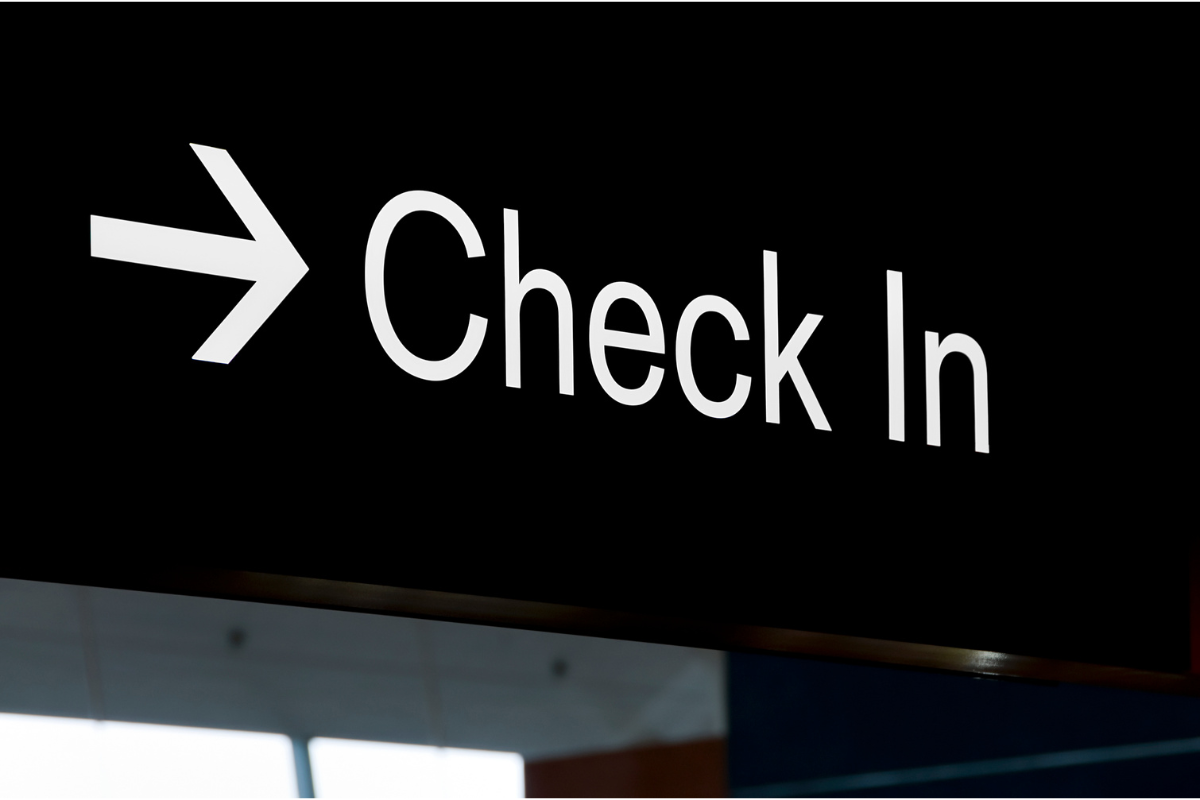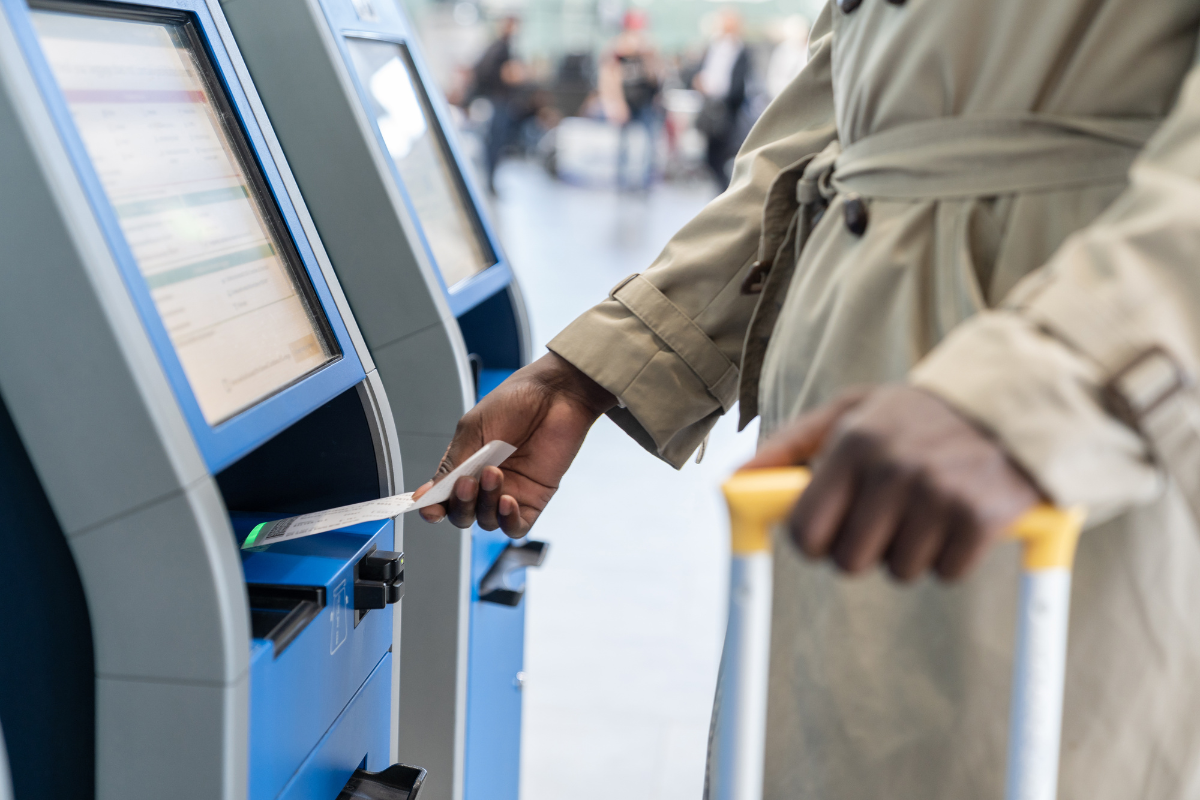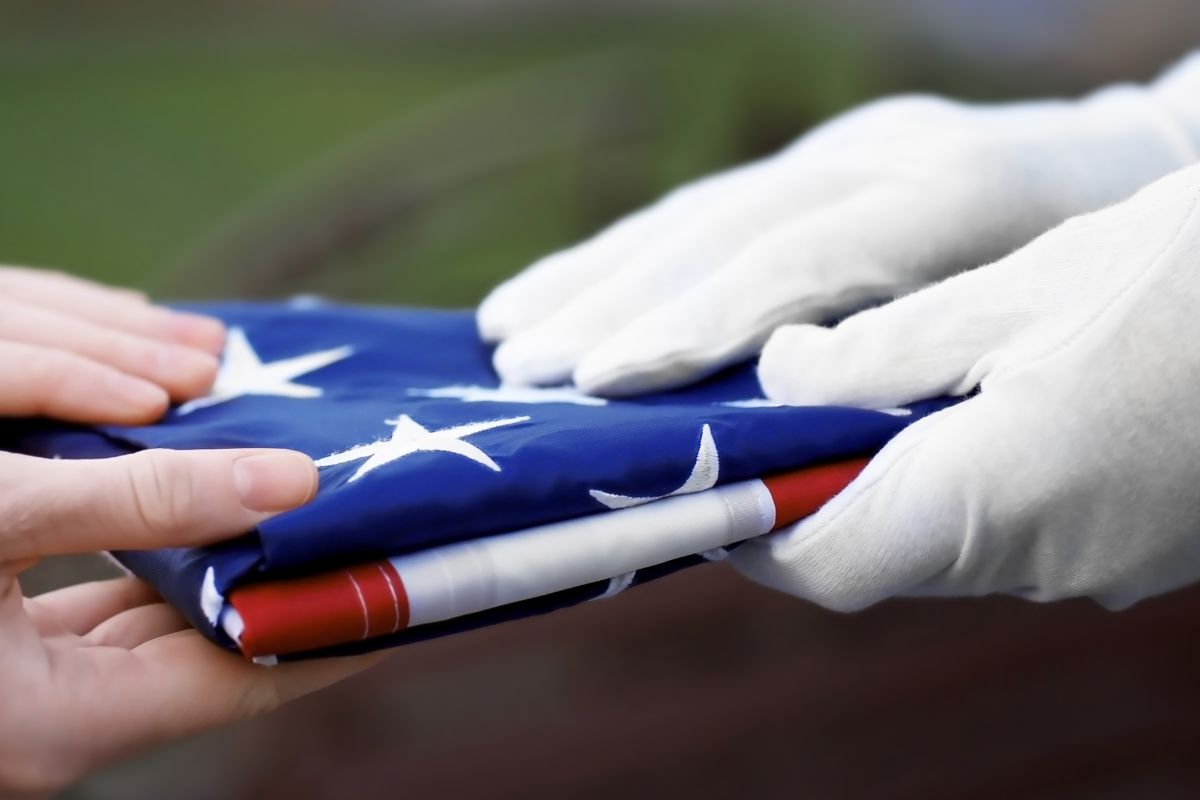Post Disclaimer: This blog reflects the author's personal experience with end-of-life matters and is provided in good faith for informational purposes only. While we aim to provide clear guidance on hard-to-find topics, this content is not legal advice, and your use is at your own risk. Estate planning and end-of-life laws vary by location, so please consult your state's laws and seek guidance from a licensed attorney for your specific situation. We make no warranty about the accuracy or completeness of this information, which does not replace professional legal counsel. For more information, please see our full disclaimer.
Can you inherit airline miles after a loved one passes away?
The answer depends on the specific airline's policy, and understanding these rules can help preserve valuable travel rewards during an already difficult time.
This guide will explain which programs allow miles to be inherited and which don't, potentially saving your family hundreds or thousands in travel benefits.
We'll also cover similar policies for hotel loyalty programs, as these rewards are equally important assets that shouldn't be overlooked when managing a loved one's estate.

Can You Inherit Airline Miles and Other Travel Rewards?
When navigating the financial affairs of a loved one who has passed away, there can be surprising assets to address—including frequent flyer miles and travel rewards.
These rewards might represent thousands of dollars in potential value, but the ability to inherit airline miles/points largely depends on airline-specific policies and proper documentation.
Here's what you need to know.
Airline Policies on Transferability
Airline policies vary widely when it comes to transferring frequent flyer miles after death.
Some programs allow miles to be passed down to heirs, while others explicitly forbid it.
For instance:
- American Airlines: Allows mileage to be transferred to a beneficiary, but it may come with processing fees or stipulations. This is generally handled on a case-by-case basis, requiring you to contact their customer service.
- Delta Airlines: SkyMiles cannot be inherited or transferred upon death, as the program’s terms stipulate that miles are non-transferable.
- Southwest Airlines: Unfortunately, Rapid Rewards points expire upon account closure, making it impossible to transfer them to another individual.
Some airlines, however, may make exceptions in specific situations if heirs can provide the required documentation.
To understand how other airlines handle this, check out this guide on points and miles after death.
Legal and Documentation Requirements
If airline policies permit the inheritance of frequent flyer miles, getting access often involves providing legal documentation.
The exact requirements may differ by airline, but here’s a general idea of what you’ll need:
- Death Certificate: A certified copy of the original death certificate is mandatory to confirm the account holder’s passing.
- Proof of Relationship: Documentation proving your connection to the deceased, such as a birth certificate, marriage certificate, or will that names you as the beneficiary.
- Written Request: Many airlines require a formal written request explaining what you’re requesting and any additional details.
Remember that time is often of the essence. Some airlines impose strict deadlines for filing these claims, so it’s best to act quickly after a loved one’s death.
If you’re navigating this process and unsure where to start, this comprehensive guide details the steps for various airlines.
Understanding policies and acting with the right documentation can ensure that loyalty rewards aren’t lost forever.
If you're planning ahead, consider incorporating frequent flyer miles into estate planning.
Curious about strategies to secure them in advance? Here's an article on estate planning strategies for airline miles.

What Happens to Travel Rewards After Death?
When managing a loved one's estate, travel rewards like hotel points and frequent flyer miles can easily be overlooked.
Yet, these rewards hold real monetary and sentimental value for many families.
Policies concerning what happens to these rewards after death vary by program, often making the process of claiming them tricky and time-sensitive.
It's essential to understand program rules and potential challenges to ensure nothing is lost.
Rules for Major Travel Reward Programs
Each travel rewards program has its own rules for handling accounts after the account holder passes away.
While airlines often dominate the conversation, hotel chains and credit card rewards programs deserve close attention as well.
Hotel Reward Programs
Hotel points are often valuable but come with their own set of inheritance policies.
For example:
- Marriott Bonvoy: Marriott allows point transfers upon death if the beneficiary provides a death certificate and other necessary documentation. This compassion helps families make arrangements without losing hard-earned points.
- Hilton Honors: Hilton’s policy permits transferring points to another account upon the passing of the original account holder. However, the process must be initiated soon after death to meet their timelines for submission.
Every loyalty program clearly outlines its terms, so checking individual program guidelines is a critical first step.
For additional insights into travel reward points, check out expert opinions on what happens to your rewards after death.
Credit Card Rewards
Credit card reward programs can be more restrictive. Points earned through cards like Chase Ultimate Rewards or American Express Membership Rewards may become part of the deceased person's estate.
Whether or not these points are transferable depends upon state laws and the terms of the specific agreement.
Some issuers work with the family to transfer points, while others require redemption before an account is closed.
A detailed account plan can help maximize these benefits.
Challenges in Redeeming Travel Rewards
Redeeming travel rewards after someone's death isn’t always straightforward.
Families face logistical and emotional hurdles that can make it more complicated than they initially expect.
Common Pitfalls
These are the challenges families often encounter:
- Expiration Clauses: Many programs deactivate accounts soon after being notified of the account holder's death, and any unclaimed points expire. Acting quickly is vital.
- Redemption Fees: Even programs that allow transfers may charge a fee for the process. Although these fees are often small, they can still cause surprise if you’re not ready.
- Documentation Requirements: Incomplete or missing documents like a death certificate can delay or prevent point transfers. Knowing what’s needed reduces frustration as you navigate this process.
Navigating the Process
To avoid losing points, prioritize action. Check the specific program rules and be prepared to provide necessary legal documents.
If unsure about deadlines, consider consulting resources like this guide to rewards and miles after death.
Understanding the intricacies of travel reward policies ensures a smoother transition for your family.

Steps to Ensure Travel Rewards Aren’t Lost
Without proper planning, travel rewards collected over years of frequent trips or credit card spending can easily go to waste.
By taking just a few proactive steps, you can ensure these benefits are safeguarded and accessible, even in difficult circumstances.
Here’s how you can manage them effectively.
Assigning Beneficiaries for Rewards
Designating beneficiaries or authorized users on travel rewards accounts can simplify inheritance and ensure that no valuable points or miles are left unused.
Similar to adding beneficiaries for financial accounts, this step puts a safety net in place for your earned rewards.
Here’s how to start:
- Review Account Policies: Some loyalty programs allow members to add authorized users or designate beneficiaries directly through their account settings.
- Contact the Program Provider: Not all platforms provide explicit options online, so call customer service for guidance on how to assign someone to your travel rewards.
- Use Estate Planning: A will or estate planning document can also name beneficiaries for these accounts. Make sure to be clear about directions for accessing and managing the rewards.
By assigning a beneficiary, you’re ensuring that the travel rewards can be seamlessly transferred without delays or confusion.
For further insights into maximizing your loyalty programs, explore this guide on managing travel rewards.
Regular Account Audits
Would you let cash reserves in a bank account just disappear? Treating your travel rewards with the same level of care is vital.
Conducting regular audits ensures that you maintain an accurate overview of what you have and any looming expiration dates.
Steps to conduct an audit include:
- Inventory Your Rewards: Keep a written or digital log of all travel loyalty accounts, including usernames, membership numbers, and balance amounts.
- Track Expiration Dates: Programs like airline miles and hotel points often come with expiration terms. Use reminders or tools to ensure points aren’t lost.
- Combine Family Accounts: Where applicable, transfer points into family pooling accounts to consolidate and protect rewards.
Utilizing tracking tools or spreadsheets can simplify this process. Additionally, check out resources like this guide for keeping travel rewards organized to maintain oversight.
By assigning beneficiaries and performing account audits, you're not only preserving the value of travel rewards but also making life easier for loved ones who might inherit them.

Wrap-up: Can You Inherit Airline Miles?
Managing frequent flyer miles and travel rewards after the death of a loved one may not be the first task on your mind, but these assets can hold significant value.
By understanding program policies, acting quickly, and preparing documentation, families can ensure these benefits are not wasted.
Assigning beneficiaries and tracking accounts can also make the process smoother for everyone involved.
Taking action now to organize and secure these rewards is a way to honor your loved one’s legacy while creating meaningful opportunities for your family.
If you’d like to explore related topics, resources on bereavement travel or estate planning for unused rewards could provide helpful next steps.
For related content, check out my article How to Get a Bereavement Flight Fare.
Thanks for reading!




